How do you help someone?
It’s Sunday Program at the monastery. Residents and community members have been sitting alone together in the stillness of zazen. As the sun gently enlightened the meditation hall, and a soft breeze kissed each face. Hogen posses this question to the group—
As if to remind us, this practice isn’t passive. This isn’t about retreating to a serene place, escaping from the problems of the world. No, zazen is about directly meeting what is actually happening—responding to the joys and sorrows.
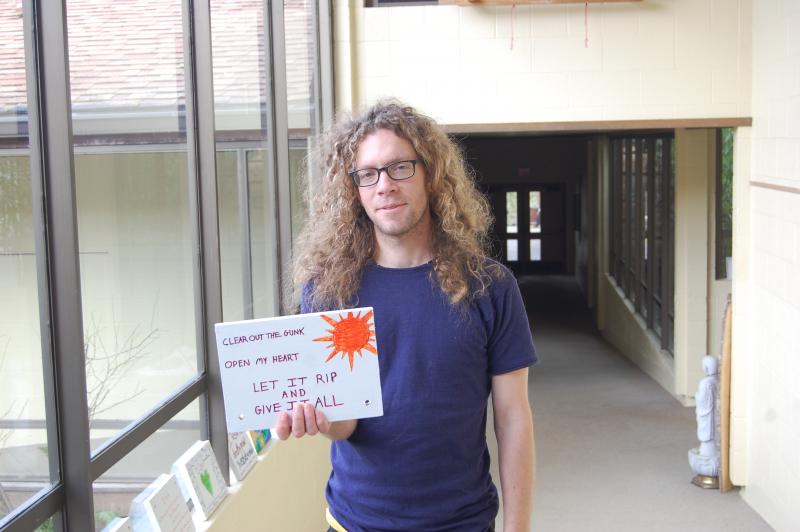
For most of us the world appears chaotic. News of racial injustice, violence, war and environmental degradation floods mind stream. Every choice we have as human beings is so interwoven into the intricate web of cause and effect, growing in complexity in our global society. How does one make choices that cause the least amount of harm, let alone help someone?
Beings are numberless, I vow to free them.
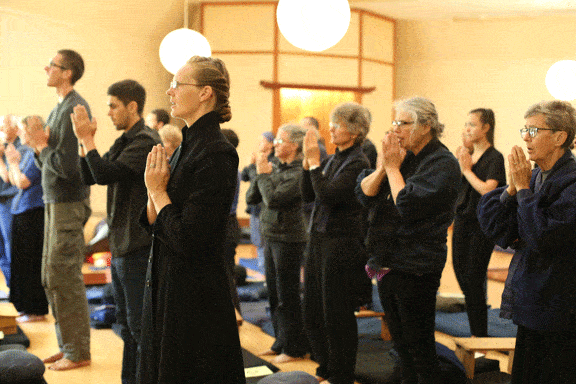
The Bodhisattva Vow echoes from zendo and temple hall at the end of everyday of zazen. Hogen Roshi says, we are goal-making beings—our heart’s have values, and we aspire to actualize our heart’s values.
Ceremonies help us remember to remember we are reminded in an article with Robin Wall Kimmerer during study period at the breakfast table.
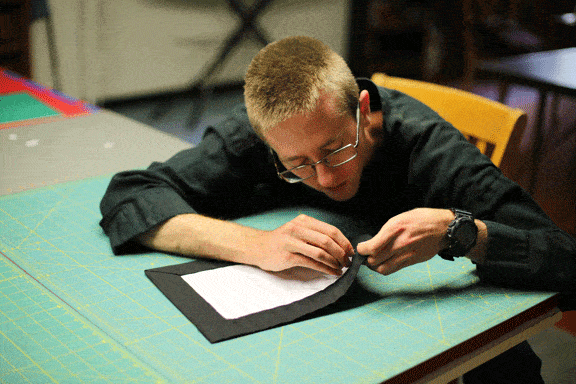
We sew garments and write precept reflections before formally taking the Bodhisattva precepts in front of the community. Reflecting with our own hearts, what does it mean to take refuge in the Buddha?
“To abide in the present moment,” says Nathan.
A place to return to, to depend on, to dwell in, a sanctuary, a home—a reminder that Awakening is possible for all of us.
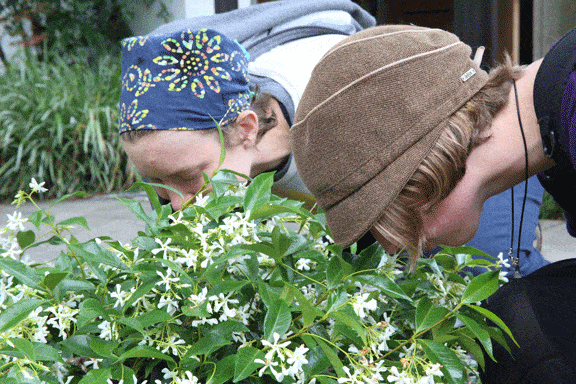
“It feels like letting go”, says Tricia.
“I think of it as humility” Haley adds.
Not-knowing what is going to happen. Having deep faith and trust that whatever happens it is OK.
The precepts help us integrate Practice/Awakening into our lives—they help us remember to remember. By showing us places that we get stuck, the thoughts, situations, reactive behaviors, insecurities, and fears that pull us out of Open, Present Awareness (Buddha Mind) and into tightening self-obsession.
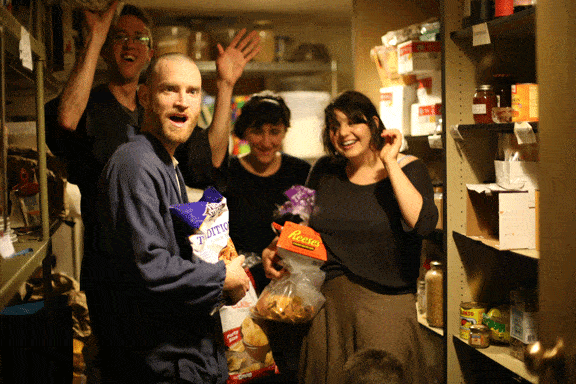
During class this Thursday we looked at the Lojong slogans as a way of further investigating the precepts.
“Remember!” they whisper as we slip into indifference: “Appreciate your Life!”
Or when we find our heart closing when someone gets on our nerves “Be grateful to Everyone.” Joanne reminds us—you can rewrite them to be more poignant or direct, “You spot it, you got it” we joke—but it’s so true!
In the precept ceremony, also called jukai, each participant is given a new name, with Japanese characters. The name is a renewal, a rebirth into their Spiritual family—highlighting values and qualities that they both aspire towards and embody.
This Wednesday Jogen and the Roshis served as the preceptors as Tim and Darrell took the precepts, receiving new names chosen by Jogen, and the teachers.
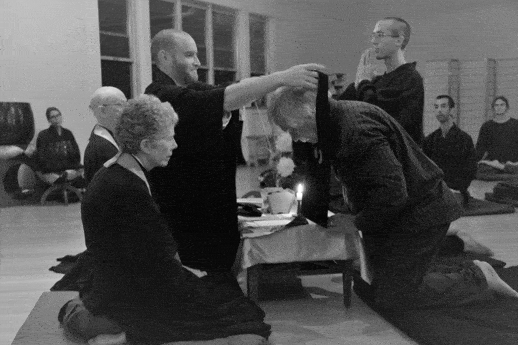
Darrell a wise, quiet and humble man received the name Keido, meaning Prajna and Earth, Earth Wisdom. The wisdom that goes beyond wise guy, the wisdom beyond wisdom, innate wisdom partnered with the humility and stability of the earth.
Tim, our mostly happy go lucky, big-hearted, smiling, tall registrar received the name Onshin meaning gentle, peaceful, tranquil, DRAGON. With a raised arm and a large grin spreading across his face, he appreciated the reminder that he can be both powerfully serene.
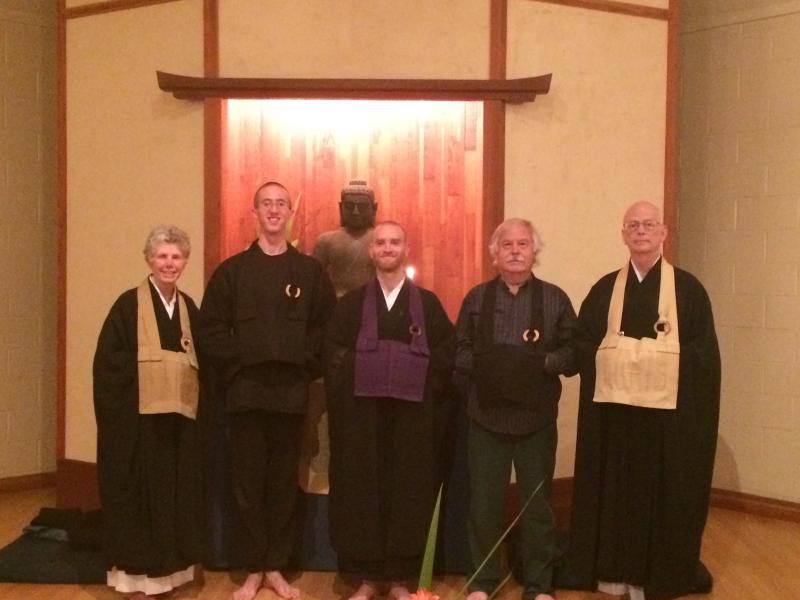
May these two syllables of each name, become a personal teaching/koan for each recipient—reminders of their aspiration, intention and potential. Helpful pointers to bring them out of self-centeredness and into Enlightenment—prepared to awaken all beings together and willing to help anyone whom they encounter.
